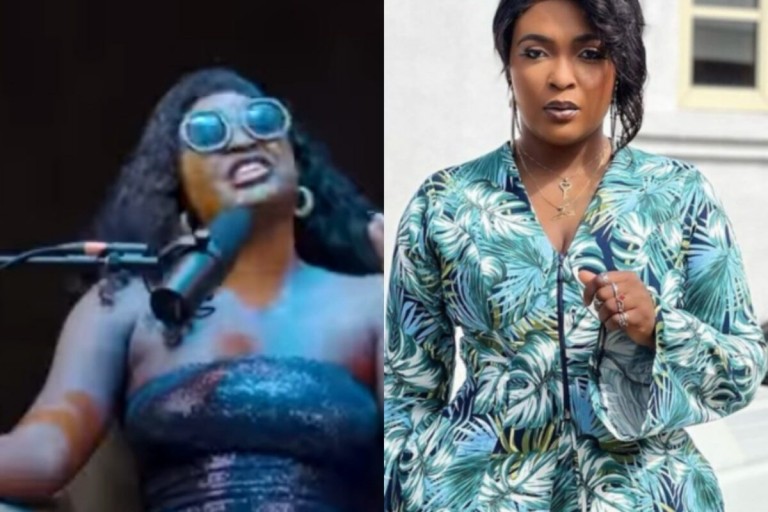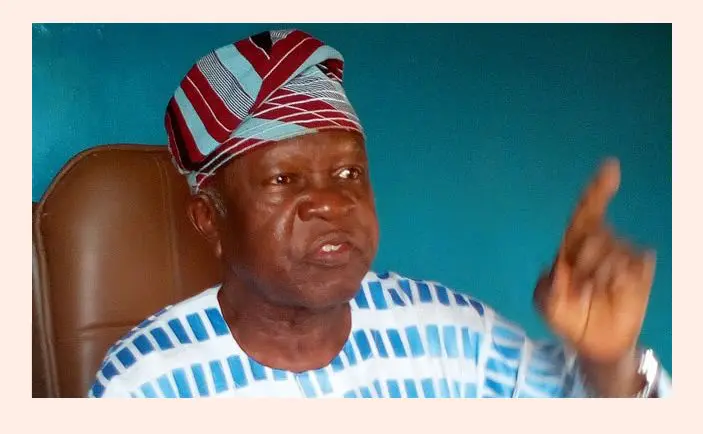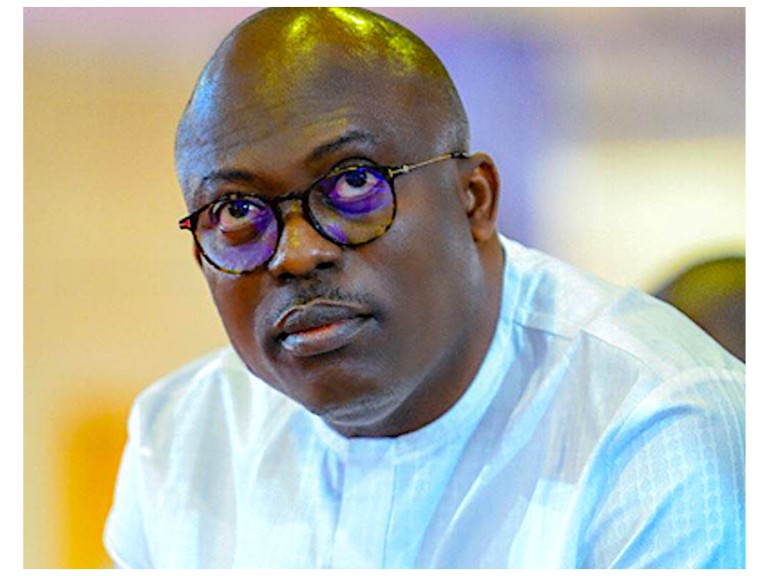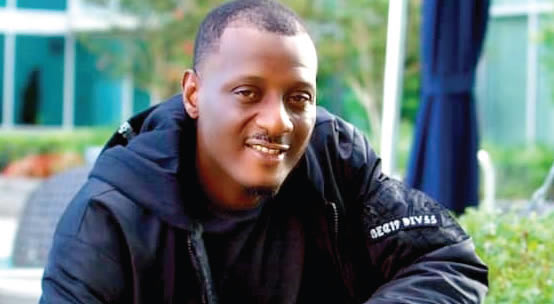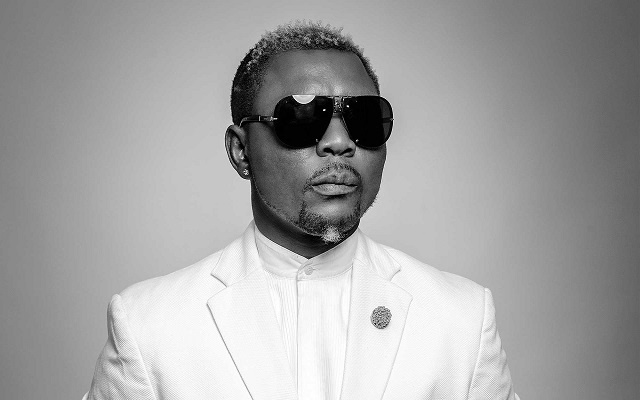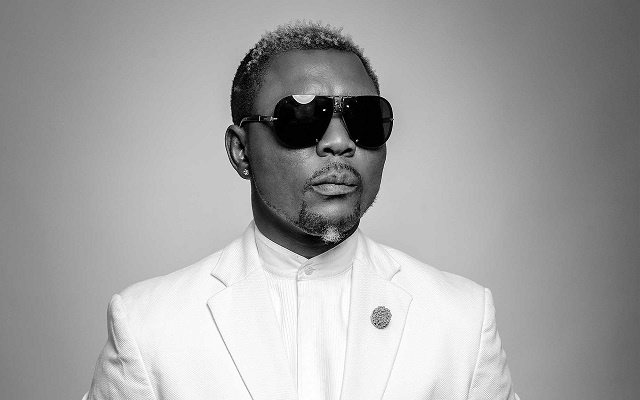“Ministry of Youth Development Prioritizes Entrepreneurship to Tackle Youth Unemployment at 2024 Ministerial Retreat”
The Ministry of Youth Development has announced plans to address the pressing issue of youth unemployment in Nigeria by focusing on promoting an entrepreneurial mindset among young people. This initiative was highlighted during the 2024 ministerial retreat held in Abuja, where Youth Minister Jamila Ibrahim outlined the key objectives of the retreat.
During the two-day retreat on presidential deliverables, Minister Ibrahim emphasized three crucial outcomes that the ministry aims to achieve. Firstly, there is a strong focus on reducing youth unemployment rates by instilling an entrepreneurial mindset among Nigerian youth. This approach seeks to harness the innovative energy inherent in young Nigerians and channel it towards productive ventures.
Secondly, the ministry aims to increase the number of youths equipped with relevant and globally in-demand skills, particularly in emerging sectors with a focus on environmental sustainability. By enhancing the skill set of Nigerian youth, the goal is to position them for success in future economies and priority sectors, ultimately contributing to the realization of Nigeria’s goal of becoming a trillion-dollar economy.
Lastly, there is an emphasis on increasing youth participation in social, political, and economic development, including active involvement in governance and leadership roles. This aspect of the initiative seeks to empower young Nigerians to play a more significant role in shaping the country’s future across various sectors.
Minister Ibrahim underscored that these outcomes serve as the pillars upon which the ministry will build a stronger and more vibrant Nigeria. The ministry’s efforts are guided by the ‘Renewed Hope Agenda’ deliverables, which include selected Key Performance Indicators (KPIs) to measure progress and ensure accountability.
In her address, Minister Ibrahim highlighted the challenges faced by Nigerian youth, including unemployment, skill gaps, and limited participation in socio-economic activities. However, she expressed confidence that with a strategic and well-coordinated approach, these challenges can be transformed into opportunities for growth and empowerment.
Her junior counterpart, Ayodele Olawande, echoed the importance of taking decisive action and thinking innovatively to address youth-related issues effectively. He emphasized the need for a paradigm shift to make the ministry more impactful and responsive to the needs of young people in Nigeria.


